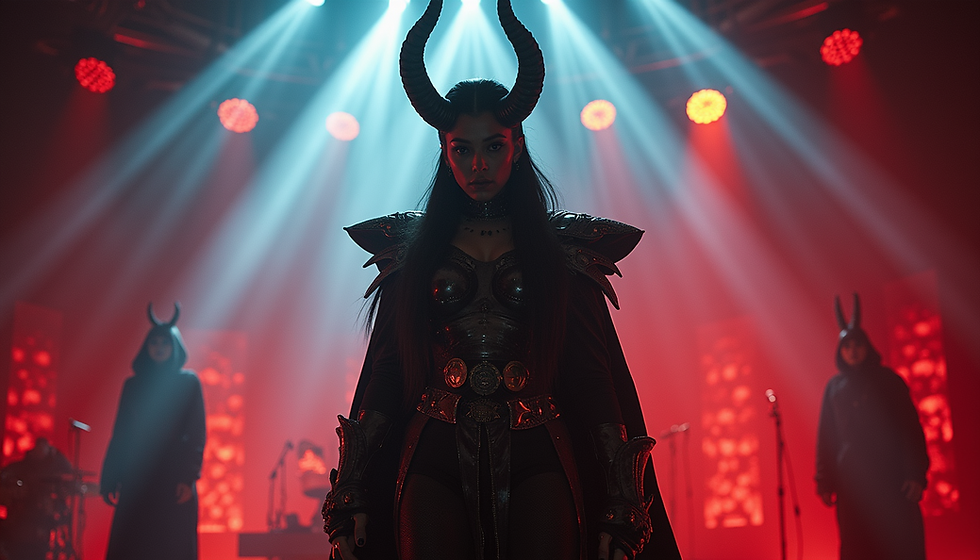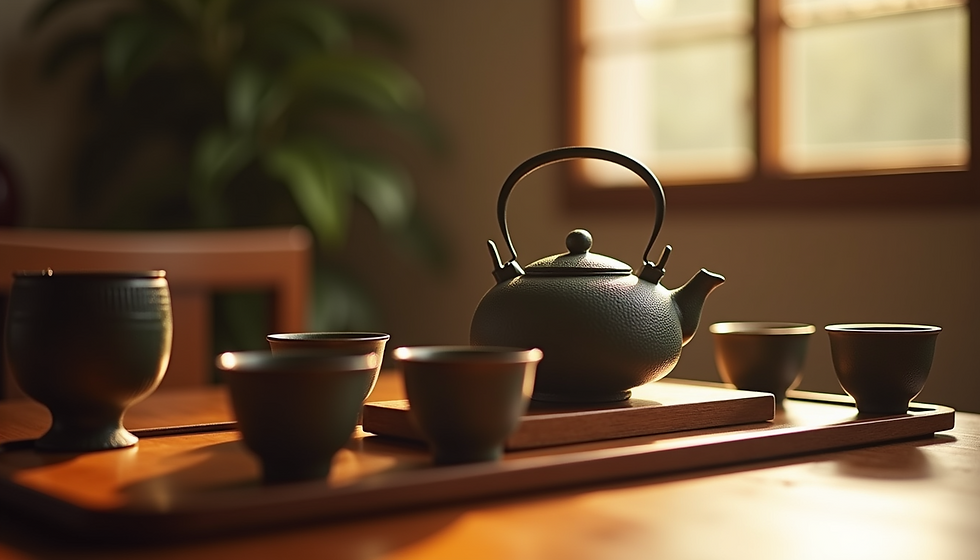The Rise of Irish Boxing: How Gold Medals Shaped a Nation at the Olympics
- Joseph Fanning
- Nov 22, 2025
- 3 min read
Irish boxing has become a symbol of national pride and international success. Over the years, Irish boxers have climbed the podium at the Olympics, bringing home gold medals that have inspired generations and transformed the sport in Ireland. This story is not just about athletic achievement but about how a small nation carved its place on the global stage through grit, talent, and determination.

Early Days and Breakthroughs
Boxing has deep roots in Ireland, with local clubs fostering talent for decades. However, it was not until the late 20th century that Irish boxing began to shine on the Olympic stage. Before the 1990s, Ireland had a modest record in Olympic boxing, with a few bronze and silver medals but no gold.
The breakthrough came in 1992 when Michael Carruth won Ireland’s first Olympic boxing gold medal in the welterweight division at the Barcelona Games. This victory was historic. Carruth’s win was the first gold medal for Ireland in boxing and only the second Olympic gold for the country overall. It sparked a surge of interest and investment in boxing across Ireland.
Building Momentum: The 2000s and Beyond
Following Carruth’s success, Irish boxing steadily gained momentum. The 2008 Beijing Olympics marked a significant moment when Kenneth Egan won a silver medal, showing that Ireland could consistently compete at the highest level.
The real surge came in the 2012 London Olympics. Irish boxers delivered an outstanding performance, winning three medals, including gold by Katie Taylor in the women’s lightweight division. Taylor’s gold was especially significant because it was the first-ever Olympic gold medal for a female Irish athlete. Her victory not only elevated women’s boxing in Ireland but also inspired young athletes nationwide.

The Impact of Gold Medals on Irish Boxing
Gold medals have done more than decorate trophy cabinets. They have transformed Irish boxing in several key ways:
Increased Funding and Support
Success at the Olympics attracted government and private funding. This allowed boxing clubs to improve facilities, hire better coaches, and support athletes with advanced training programs.
Youth Engagement
The visibility of Olympic champions inspired many young people to take up boxing. Clubs across Ireland reported higher enrollment, especially among girls, following Katie Taylor’s success.
International Recognition
Irish boxers gained respect on the world stage. This opened doors for professional careers and international competitions, raising the profile of Irish boxing globally.
Cultural Pride
Olympic gold medals became a source of national pride. They united communities and gave Ireland a powerful story of achievement through hard work and resilience.
Recent Success and Future Prospects
The momentum continues into recent years. At the Tokyo 2020 Olympics, Ireland added more medals to its tally, with Kellie Harrington winning gold in the lightweight division. Harrington’s victory reinforced Ireland’s reputation as a powerhouse in women’s boxing.
Irish boxing now looks to the future with strong prospects. The sport’s governing bodies focus on nurturing young talent and expanding opportunities for both men and women. The legacy of Olympic gold medals provides a foundation for continued success.

What This Means for Ireland
The rise of Irish boxing through Olympic gold medals shows how sport can shape a nation’s identity. It demonstrates the power of individual achievement to inspire collective progress. For Ireland, boxing is more than a sport; it is a story of hope, ambition, and national pride.
Joseph is an orange belt in karate. He runs an AI and video gaming site.










Comments